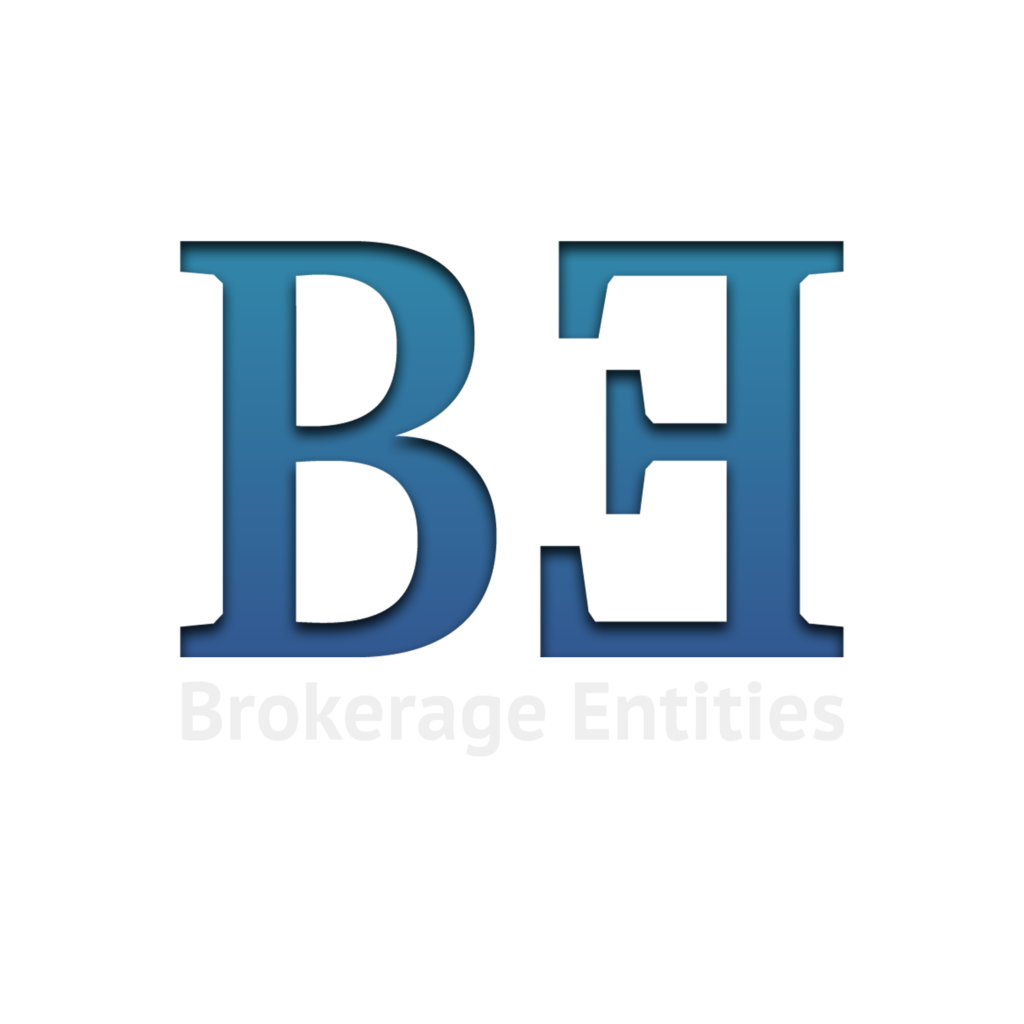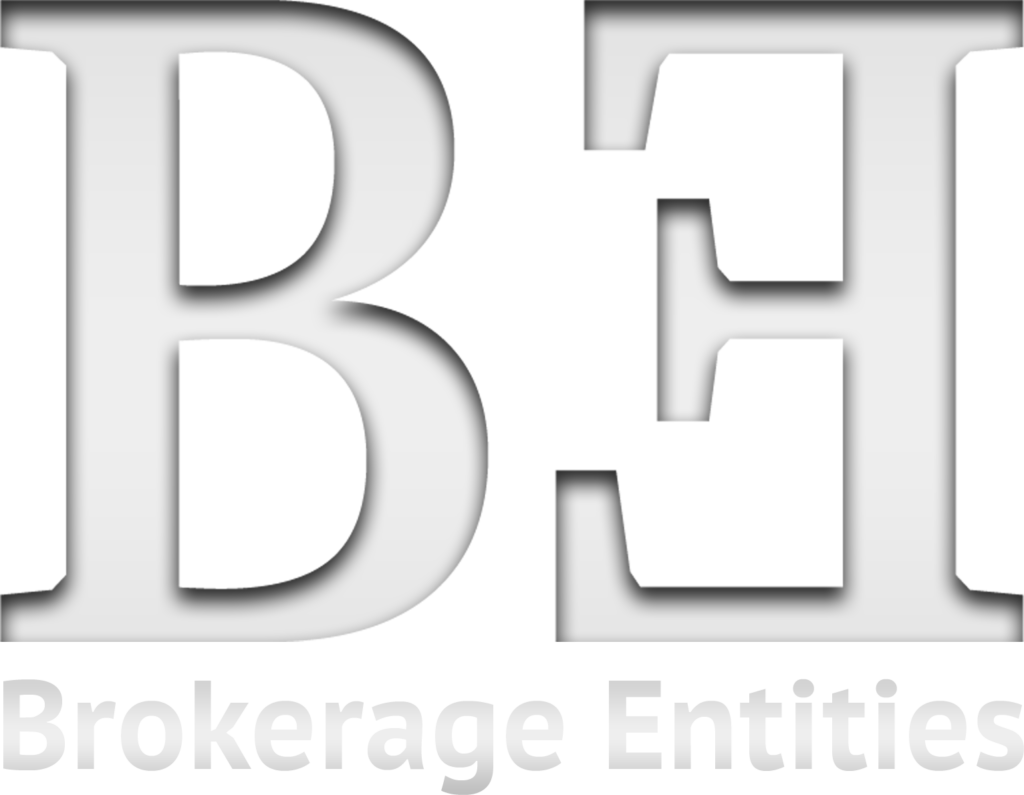Before, During and After the Investment
These are some documents that you will come across when investing:
Fact Find
A firm must ask you for details about you and your finances, and your present and future needs before it provides you with advice or manages your portfolio. The answers which you provide are recorded in a document called ”Fact Find” or “Client Profile”. For your protection, this document is kept on file and a copy is provided for your records. The firm will rely on this information to be able to assist you. Be honest when replying to the questions posed by the firm.
The sort of questions /information that will be asked/requested by your firm may include:
- Personal details (which may include age, children or dependants, occupation);
- Summary of assets (such as cash held at the bank, property, and other investments);
- Summary of liabilities (such as periodic payments for house loans or other loans, school fees, future commitments, and life assurance covers);
- Retirement planning arrangements;
- Overall investment objectives including your attitude to risk;
- Level of education and the type of transactions you are familiar with.
IIf there are sections on the ”Fact Find” that do not apply to you please write ‘none or N/A’ in those sections rather than leaving them blank or just putting a line through them. All information that you provide will be treated confidentially and will only be used for recommending you on your financial affairs and for no other purpose.
Retail Client Agreement
This is also referred to as the terms of the business letter. It sets out the rights and obligations of the firm and customer, including terms on which the firm will provide services to the customer. As a customer, you should expect to be provided with this document irrespective of the type of investment service.
Order Instructions
When you instruct a firm to buy or sell a product, your order should be executed promptly, sequentially (in the order in which it was received by the firm), and on time.
If for any reason a firm has a material difficulty in handling your order sequentially, it should notify you.
To complete the purchase or sale of financial products your firm has to execute your orders in such a way as to consistently achieve the best possible result for you. This is referred to as best execution.
In essence, your firm will identify ‘execution venues’ that enable it to obtain the best execution. Examples of execution venues are stock exchanges, trading platforms, other firms, or even your firm itself (by offering to purchase the instruments you are willing to sell itself or, vice-versa, by selling you instruments you wish to buy from its portfolio. However, not all investment firms are licensed to carry out such transactions).
Your firm can achieve the best execution for your orders by taking a variety of factors into account, such as price, costs of execution, speed, and likelihood of execution.
The most important factors (for retail clients) a firm will take into account when executing your order are price and total costs (that is, the total financial consideration to be paid by you for a transaction, including the price, all expenses, execution venue fees, clearing and settlement fees and any other fees paid to third parties involved in the execution).
You will receive information about how your firm achieves the best execution for you in practice. Such information includes:
- how the firm determines the factors that are more important for achieving the best execution;
- what are the execution venues that the firm relies on;
- a warning that if you give a specific execution instruction to the firm this will take priority and the firm will not be able to follow its own process for achieving the best possible result for you – it will simply follow your instructions. For example, if you instruct your firm to execute your transaction on a specific market, you may lose the benefit of achieving a better price somewhere else.
Contract Notes
After you have bought or sold a financial product, your firm will send you a transaction confirmation (i.e. contract note) with essential information such as the name of the product, price, date, time, and the total sum of commissions and expenses charged.
You should expect your firm to send you the contract note for a purchase or sale of an instrument no later than the first business day following execution. If confirmation is received by the firm from a third party (for example, another stockbroker), the contract note should be sent to you by no later than the first business day following receipt of confirmation from a such third party. The contract note should include information about the trading day and trading time, type of order, venue identification, name of the instrument, quantity, unit price, and total consideration. You should also have complete disclosure of the commissions and expenses for the transaction, including the commission payable to any counterparty.
Where your firm manages your investments on your behalf, the firm should send you periodic reports with information such as the contents and valuation of your investments, the total amount of fees and charges, and how your investments have performed during the reporting period.
It is in your interest to retain copies of all documentation you receive from a firm.
Statements
A firm is obliged to send you at least on a quarterly basis statements of your holdings. You may request more frequent statements, especially if your portfolio consists of a large number of investments. Your statement should include information about the contents and valuation of the portfolio, including market values, cash balances at the beginning and end of the reporting period, the total amount of dividends and interest received during the period, and the total amount of fees and charges. You may request a detailed breakdown of these items.

